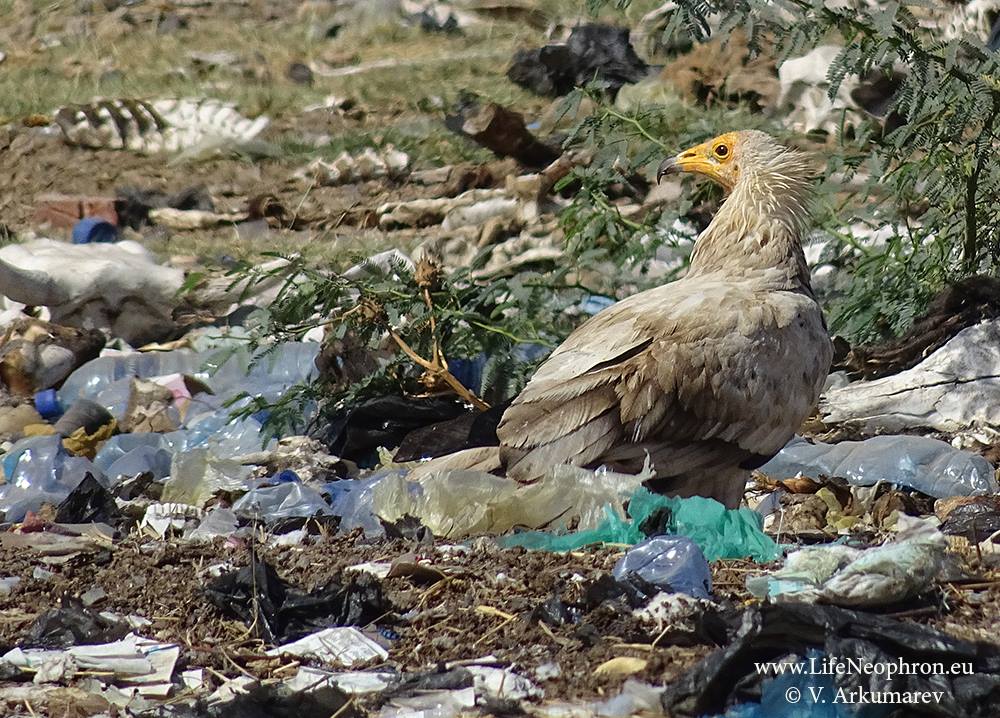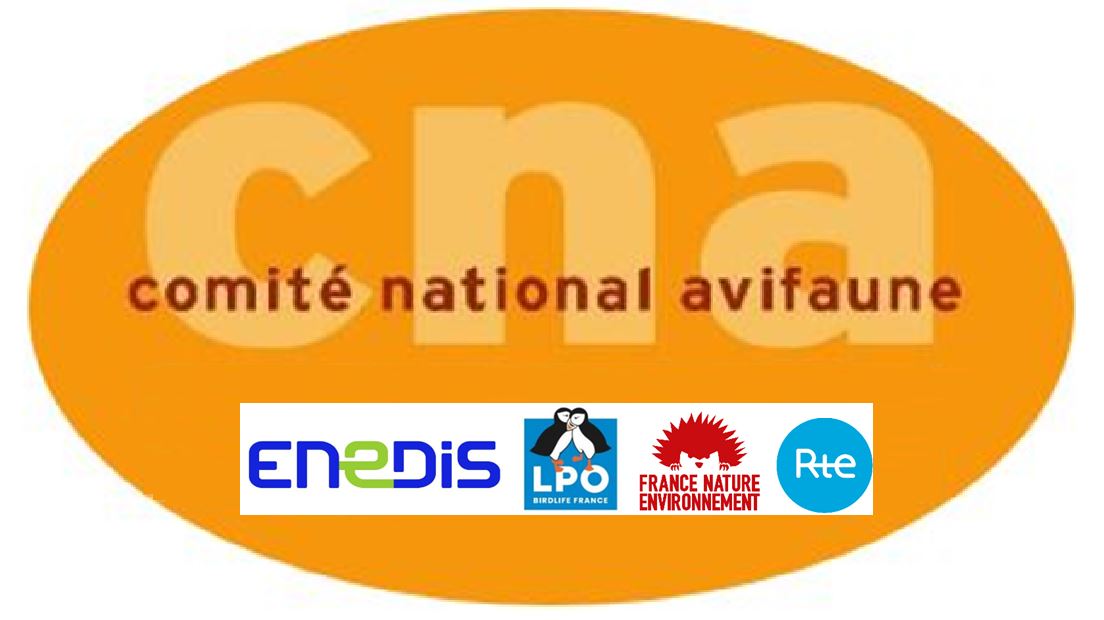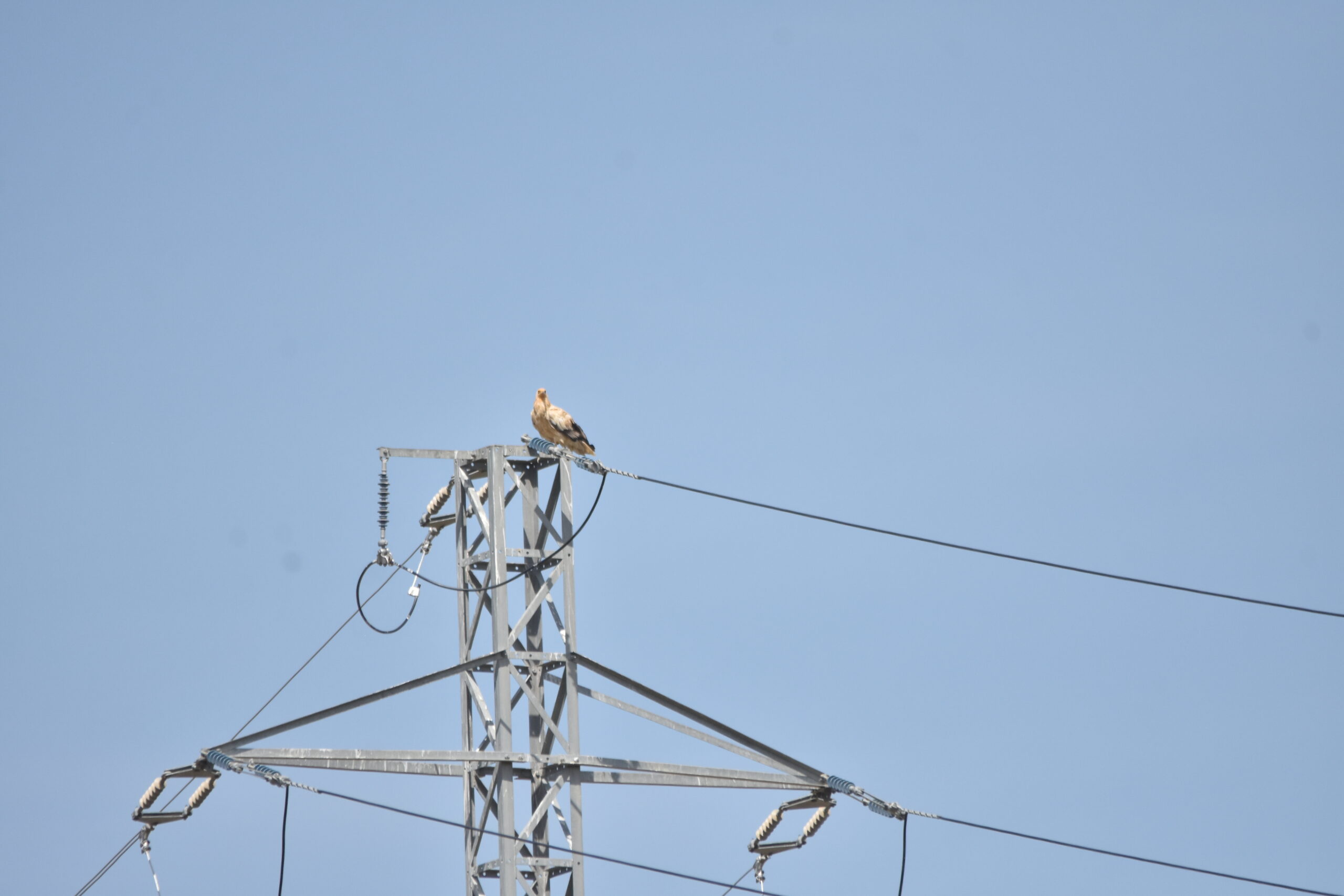Les décharges d'ordures ménagères assurent la disponibilité de nourriture mais impactent la physiologie des vautours percnoptères
Une étude récente a suivi une population de vautours percnoptères dans la péninsule ibérique et a montré que les oiseaux nichaient de préférence dans des zones proches des décharges. Les oisillons nourris avec de la nourriture recueillie dans les décharges sont "mieux nourris" et connaissent "moins de pénuries alimentaires" que ceux qui ne le sont pas, mais cette nouvelle ressource alimentaire semble impacter la santé des vautours Egyptiens.

Tiré de l'article : Tauler-Ametlller, Helena, et al. "Domestic waste disposal sites secure food availability but diminish plasma antioxidants in Egyptian vulture." Science of The Total Environment 650 (2019): 1382-1391.
From a press release by BSPB project manager Stoyan Nikolov for the group “Life for the Egyptian vulture”.
In January 2019, an expedition to Ethiopia was conducted jointly by BSPB, RSPB, Birdlife Africa, EWNHS, SCF, NCF and APLORI with three objectives :
- Check the number of Egyptian vultures in Afar wintering sites and in a small area of the Oromia region.
- Gather evidence of the main threats (poisoning, electrocution/collision, direct persecution) in order to implement appropriate conservation actions.
- Fix GPS/GSM transmitters on Egyptian vultures.
Here below is a summary of the results of the expedition :
The latest « Vulture info » magazine n° 35, dated winter 2018/2019, can now be downloaded. The last French and […]
Within the national action plan for the Egyptian vulture –“Plan national d’Actions Vautour percnoptère”- ringing and telemetric monitoring of the […]

